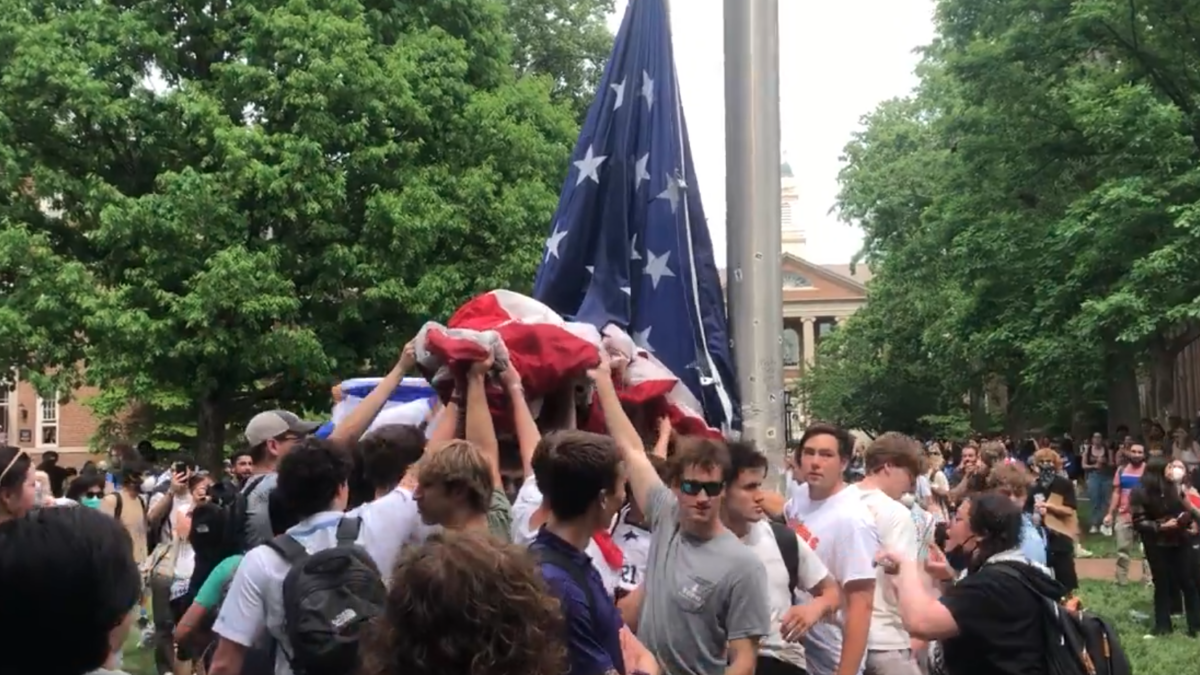The University of Chicago’s Institute of Politics asked students to participate in a digital initiate called “I vote because” on March 2. Students wrote on a whiteboard a brief reason why they vote, but one student was singled out for her conservative beliefs.
Evita Duffy, daughter of former Rep. Sean Duffy, R-Wis., wrote, “I vote because the coronavirus won’t destroy America, but socialism will.”
Duffy received intense backlash from her classmates, including threats and personal attacks. Classmates called her racist, xenophobic, and told her she deserved to be bullied.
https://www.facebook.com/UChicagoPolitics/photos/a.197697513696704/1891236394342799/?type=3&theater
“Fellow students attacked my character, my intellect, my family, my appearance, and even threatened me with physical violence, using foul and offensive language,” Duffy wrote in an op-ed at the Chicago Maroon. “I was called a racist and a xenophobe. Some compared me to animals. Others declared that they would personally stop me from voting, and many defended the personal attacks, saying I deserved to be bullied and that I don’t belong at the University of Chicago on account of my beliefs.”
Duffy correctly pointed out that the Wuhan virus has killed 12 people in the United States and 3,000 people globally, a small fraction compared to the death toll resulting from socialism.
In her op-ed, Duffy said she hoped her whiteboard post would spark economic debate but was unaware of the amount of backlash she would inevitably face.
“I hoped my white board message might even encourage a lively and robust debate on economics. However, I was naïvely unprepared for the onslaught of online hate and threats of violence I received,” Duffy wrote.
David Axelrod, a former Obama senior advisor and the founding director of the Institute of Politics, wrote a letter condemning the “unacceptable harassment” of Duffy.
“A recent post from the Institute of Politics has led to the unacceptable harassment of a student whose views it aired and opened a new debate about free expression on campus,” Axelrod wrote.
https://www.facebook.com/UChicagoPolitics/photos/a.197697513696704/1895175973948841/?type=3&theater
Axelrod criticized Duffy for minimizing the coronavirus outbreak. However, he eventually stuck up for her right to free speech.
“Coronavirus is a scourge that has claimed lives and, sad to say, will probably claim many more before it is subdued by science. While the author is right when she proclaims that the virus will ‘not destroy America,’ the minimization of it was offensive,” Axelrod wrote. “Standing up for free expression in fraught and polarized times is difficult and sometimes deeply uncomfortable. Yet is is precisely in moments like this that it is most important.”









